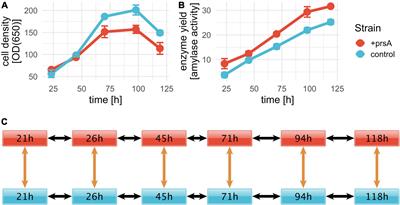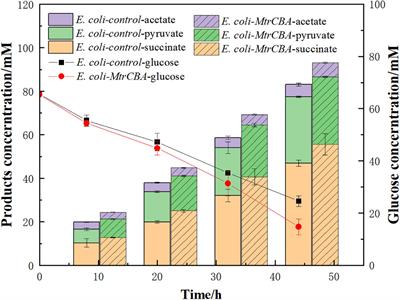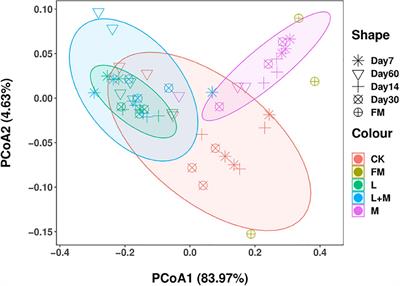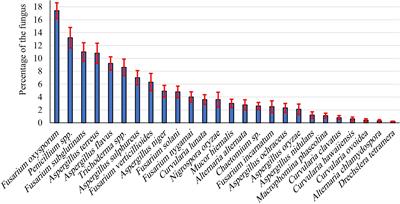EDITORIAL
Published on 22 Nov 2022
Editorial: Trends in applications and improved production of biologically active metabolites using microbial fermentations
doi 10.3389/fmicb.2022.1065888
- 563 views
9,337
Total downloads
38k
Total views and downloads
You will be redirected to our submission process.
EDITORIAL
Published on 22 Nov 2022
ORIGINAL RESEARCH
Published on 04 Aug 2022

ORIGINAL RESEARCH
Published on 07 Jul 2022

ORIGINAL RESEARCH
Published on 17 Jun 2022

ORIGINAL RESEARCH
Published on 10 May 2022

ORIGINAL RESEARCH
Published on 18 Apr 2022

ORIGINAL RESEARCH
Published on 14 Apr 2022

ORIGINAL RESEARCH
Published on 06 Apr 2022

ORIGINAL RESEARCH
Published on 21 Mar 2022

ORIGINAL RESEARCH
Published on 16 Mar 2022

ORIGINAL RESEARCH
Published on 14 Mar 2022

ORIGINAL RESEARCH
Published on 10 Mar 2022

